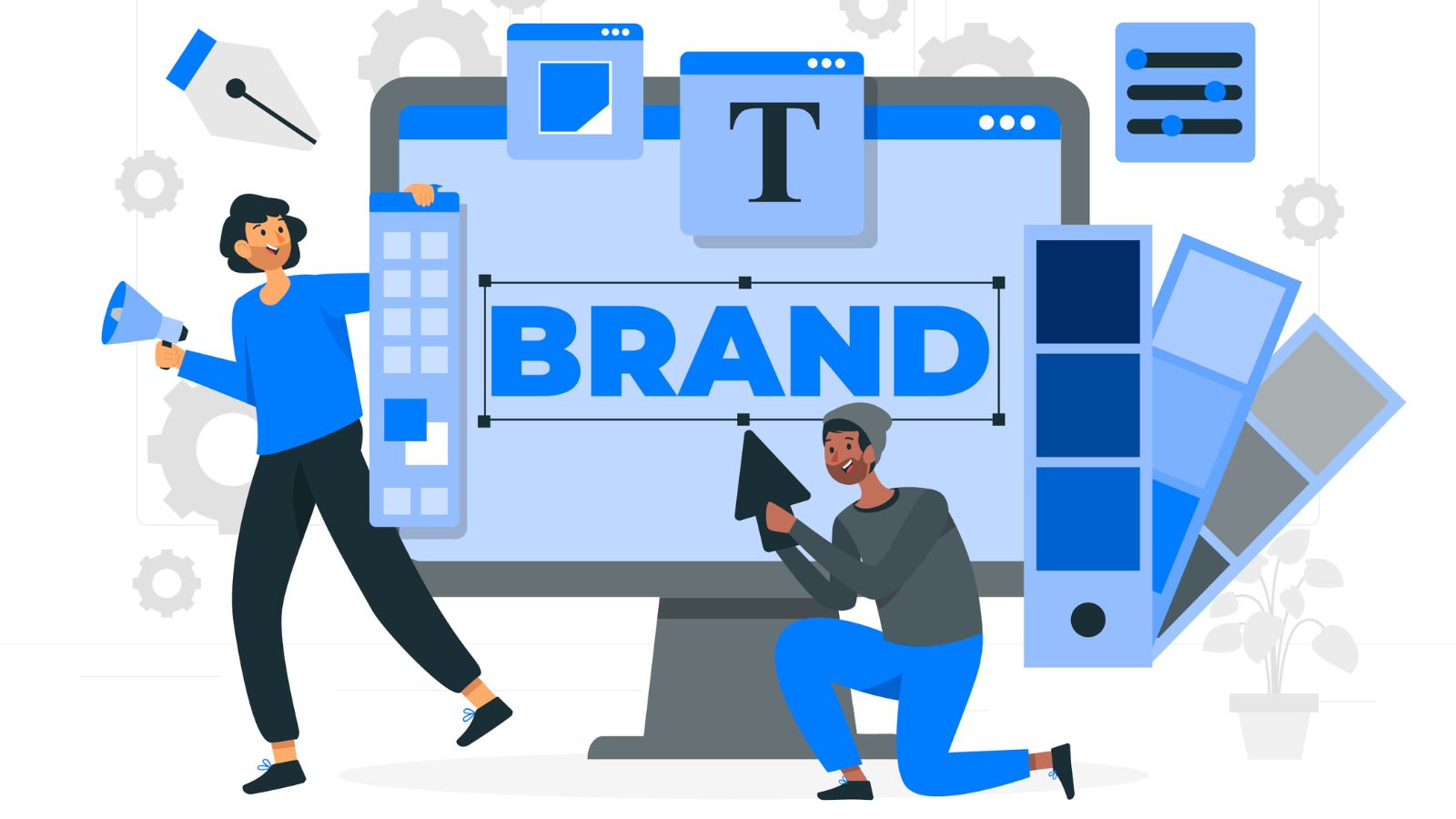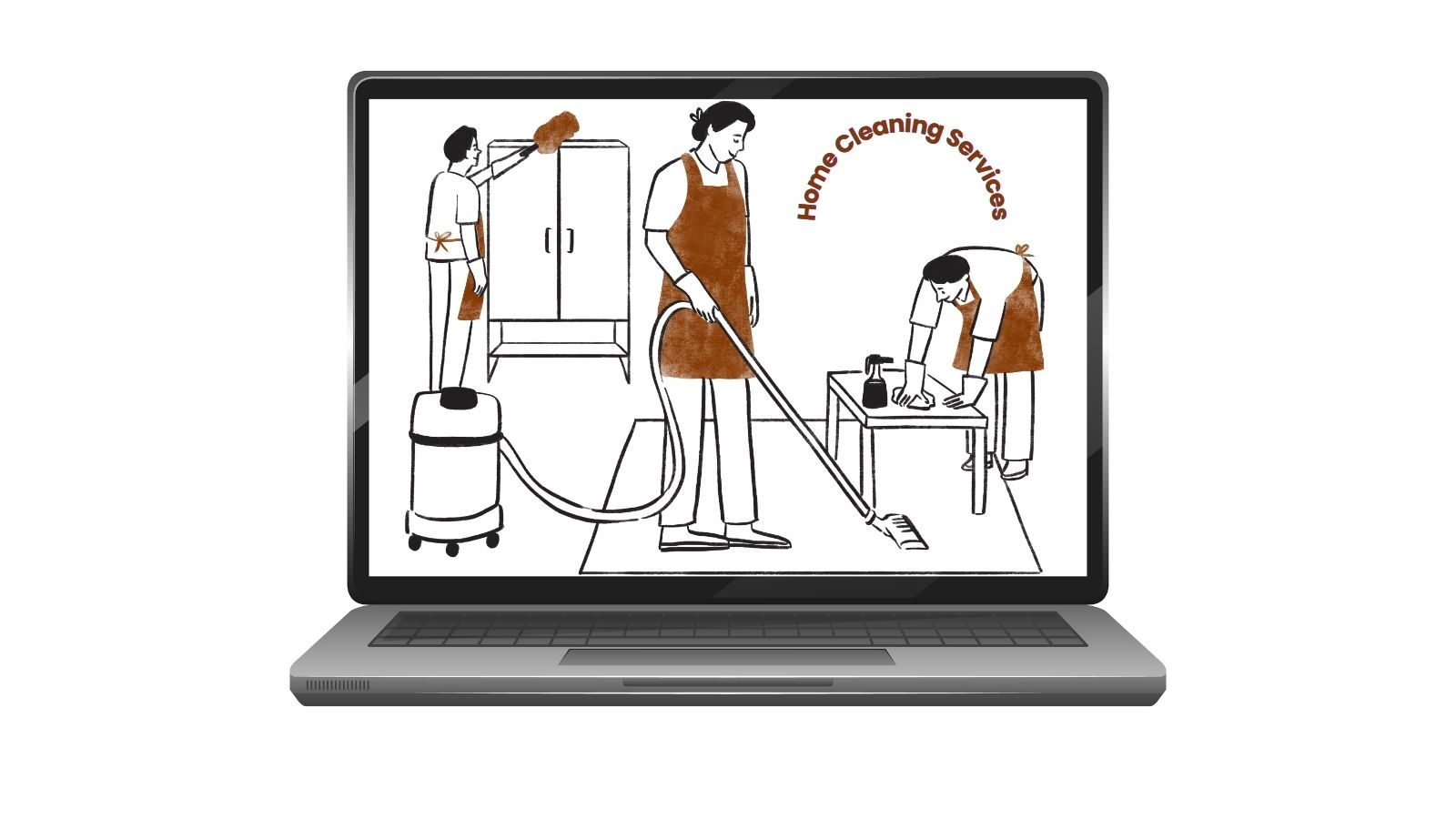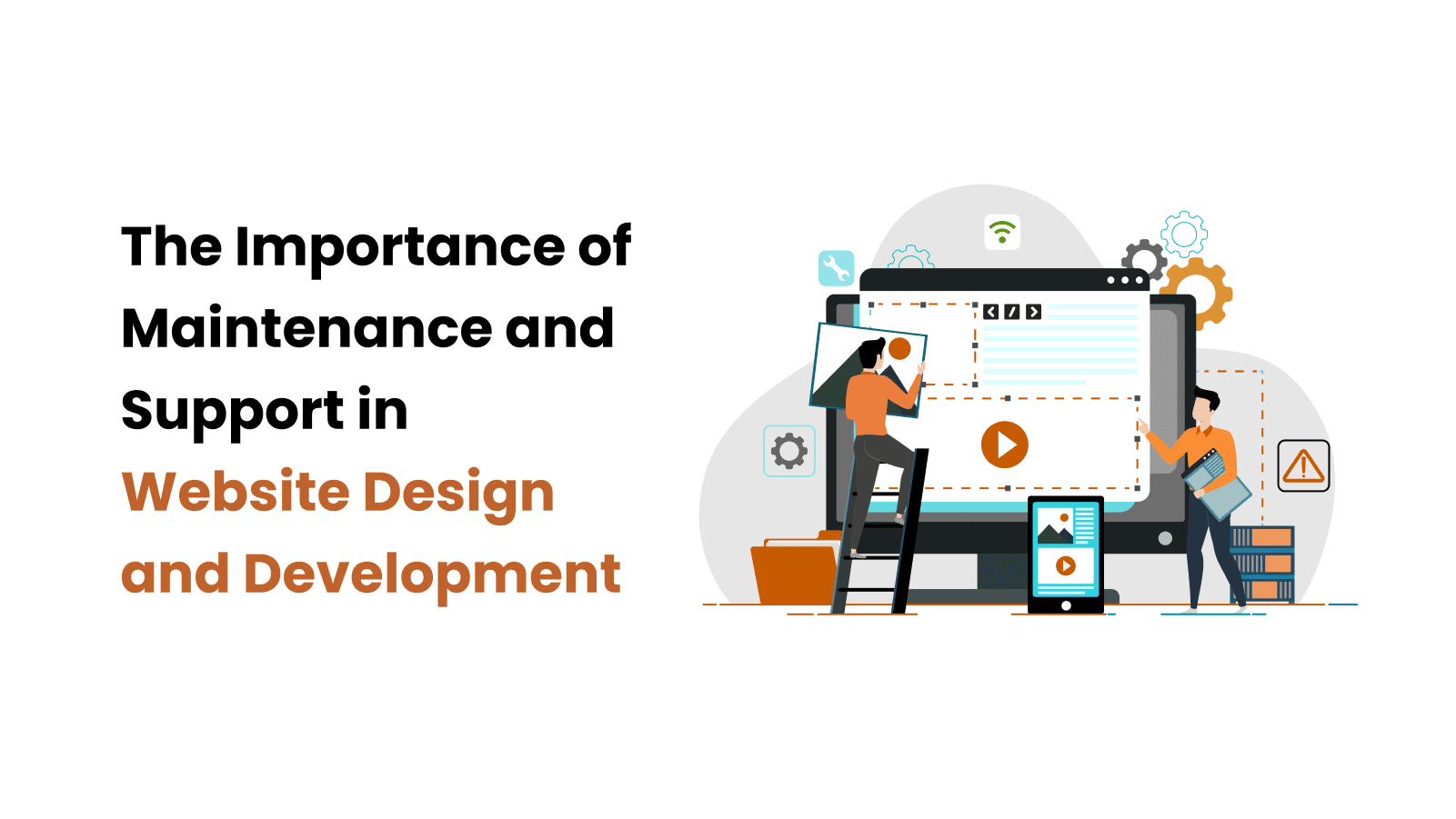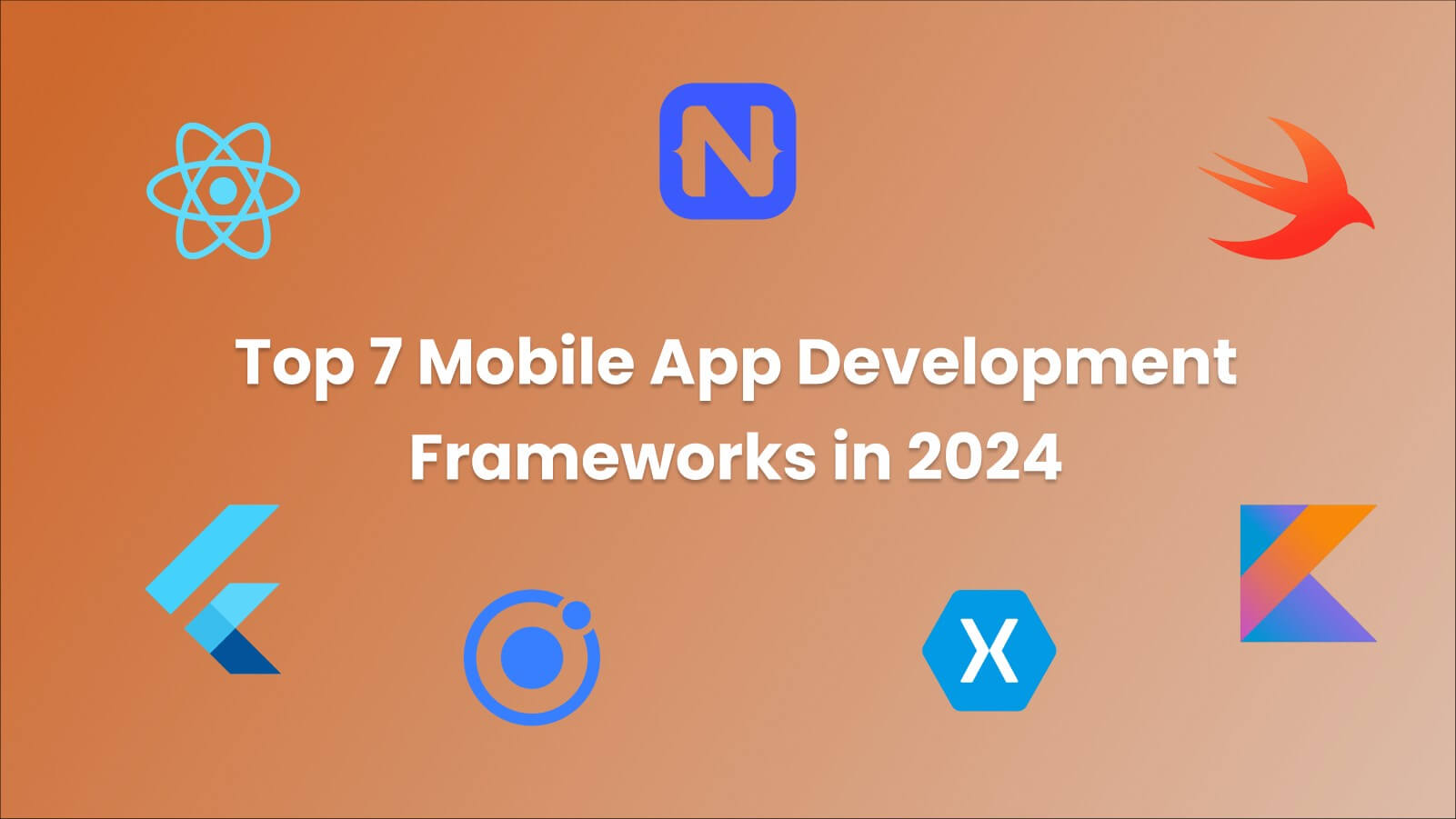
A personal branding website is a powerful tool for establishing your online identity, enhancing your credibility, and advancing your career. By creating a well-designed and informative website, you can effectively communicate your unique value to the world. However, one crucial factor holds many people back from taking this leap - the cost. It’s completely natural to have questions on your mind, such as “How much a personal branding website development will cost?” So, let's dive into the world of personal branding and its associated costs. A personal branding website is a dedicated online platform that showcases your skills, expertise, and personality. It serves as a digital resume, allowing you to present yourself to a global audience. Here are some key elements to consider when defining what a personal branding website is: Your website is your digital persona. It represents who you are, what you do, and what you stand for. It's a platform to tell your story and communicate your unique value to the world. Your website enables you to showcase your work, achievements, and projects. It's a visual portfolio that demonstrates your skills and expertise, making it easier for potential employers or clients to assess your capabilities. Unlike social media profiles, you have complete control and ownership of your personal branding website. You can customize it to align with your brand identity and update it as needed. Your website can also serve as a hub for networking. You can connect with industry peers, potential collaborators, or clients through your website's contact information or integrated social media links. A well-crafted personal branding website can significantly boost your career prospects. It helps you stand out in a competitive job market and positions you as an authority in your field. Your personal brand website is your digital calling card, and it's within your control to make it remarkable. 1) Marie Forleo: www.marieforleo.com 2) Neil Patel: www.neilpatel.com 3) Mel Robbins: www.melrobbins.com 4) Seth Godin: www.sethgodin.com By following the guidance from the personal brand website examples, you can create an online presence that reflects your expertise, authority, and trustworthiness. Now that we've defined what a personal branding website is, let's explore why it's essential for your professional growth: Having a dedicated website demonstrates professionalism and expertise. It's a powerful way to establish credibility in your industry. A personal branding website makes you more discoverable online. When someone searches for your name, your website is likely to appear at the top of the search results, ensuring a positive first impression. Whether you're an artist, writer, designer, or any other professional, your website is the ideal platform to showcase your portfolio. Potential clients or employers can see your work firsthand. Your website allows you to build and reinforce your personal brand. You can craft your narrative, highlight your strengths, and create a memorable online presence. With a personal branding website, you have control over how you're portrayed online. You can address any misconceptions and present your story in your own words. To create a compelling personal branding website, you need to incorporate key features that not only showcase your skills and personality but also engage and convert visitors into clients or followers. Your domain name is the first thing people will notice, so make it count. Choose a domain name that is easy to remember, relevant to your brand, and preferably your own name. Avoid long and complex domain names that can be hard to spell or remember. A high-quality and professional headshot is essential. It's the first visual representation of yourself on your website. Invest in a good photographer to capture your personality and professionalism. Your bio should be concise, engaging, and informative. Tell your story, highlight your accomplishments, and explain what makes you unique. Use the first person to make it more personal. Showcase your work or projects prominently. Use images, videos, and descriptions to give visitors a clear understanding of your skills and expertise. Organize your portfolio in a user-friendly manner. Include testimonials from satisfied clients or collaborators. Real feedback adds credibility and builds trust. Ensure that these testimonials are easy to find and read. Make it easy for visitors to get in touch with you. Provide multiple contact options, such as a contact form, email address, and social media links. Consider adding a chat option for instant communication. Show your expertise by regularly sharing insights, industry trends, or personal experiences through a blog. This not only positions you as an authority but also helps with SEO. Allow visitors to subscribe to your newsletter. This is a great way to stay connected with your audience and share updates, promotions, or exclusive content. Integrating your website with social media platforms enhances your online presence. Budget for social media integration and marketing efforts. Besides basic contact information, consider adding specific forms for inquiries, collaborations, or booking requests. Make the process as effortless as possible for potential clients. By incorporating these essential features, you can create a compelling and effective online presence that sets you apart from the competition. Creating an appealing and functional website is the first step. Costs can vary significantly depending on whether you choose a DIY approach or hire a professional web designer. Custom designs often come with a higher price tag but offer a unique and tailored look. Securing a memorable domain name and reliable hosting service is essential. Consider the cost of domain registration and ongoing hosting fees, which can vary based on the provider and the level of service. Compelling content is the heart of your personal branding website. This includes written content, images, videos, and graphics. Depending on your skills and resources, you may need to budget for professional content creation. To ensure your website ranks well on search engines, you'll need to invest in search engine optimization (SEO). This includes keyword research, on-page optimization, and backlink building. If you plan to sell products or services through your website, you'll need eCommerce functionality. Costs can vary depending on the complexity of your online store. In today's mobile-driven world, having a responsive design that looks great on all devices is crucial. This may add to the development cost but is essential for user experience. Websites require regular maintenance, including software updates, security checks, and content updates. Budget for ongoing maintenance to keep your site running smoothly. Investing in professional branding and graphic design can help your website stand out. Consider the cost of logos, color schemes, and visual elements that align with your brand. Integrating your website with social media platforms enhances your online presence. Budget for social media integration and marketing efforts. Ensure your website complies with legal requirements, such as privacy policies and terms of use. Legal consultations and document creation may be necessary. To measure your website's performance, you'll need analytics tools. Some are free, while others come with a subscription fee. Protecting your website from cyber threats is vital. Invest in security measures, such as SSL certificates and firewall protection. Depending on your website's functionality, you may need to purchase third-party tools and plugins. These can add to the overall cost. Promoting your personal brand requires marketing efforts, which can include email marketing, pay-per-click advertising, and social media campaigns. High-quality photos can elevate your website's aesthetics. If you require professional photography, budget for it accordingly. Ensure your website is accessible to all users, including those with disabilities. This may involve additional design and development work. A fast-loading website is crucial for user experience. Invest in speed optimization to reduce bounce rates. Consider your website's future growth. Ensure it's scalable to accommodate increased traffic and content. Factor in costs for customer support, as well as training for managing your website's backend. Research your competitors' websites to identify features and functionalities you should incorporate, which may affect your budget. Testing your website's usability and functionality with real users can help identify and address issues. Decide whether to outsource various tasks or handle them in-house, which can impact costs. Choose a CMS that suits your needs, whether it's a free open-source option or a paid platform. Tailor your website to your target audience's preferences, which may require personalization features. Consider your desired timeline for launching your website. Rushing a project may lead to higher costs. The average cost of personal branding website design and development can indeed vary based on several factors. To provide a general estimate, here's a breakdown of potential costs for different levels of personal branding websites: Features: Simple design, a few pages (e.g., Home, About, Contact), standard layout and features. Features: More extensive design, additional sections (e.g., Blog, Portfolio), mobile responsiveness, contact form, and customization. Features: High-level customization, advanced features (e.g., e-commerce, custom graphics/animations), SEO services, ongoing maintenance and updates. The actual cost within these ranges can vary based on factors such as the complexity of your design, the number of pages and features, geographic location, and the expertise of the personal branding website development company. Building a personal branding website is a worthwhile investment in your professional journey. While the cost may vary depending on your choices and needs, a well-crafted website is an asset that can significantly impact your career or business. Ready to create your personal branding website? Contact us now!
This blog will guide you through the various factors that influence the cost of developing a personal branding website. By the end, you'll have a clear understanding of what to expect and how to make informed decisions about your online presence. What Is a Personal Branding Website?
(1) Your Digital Identity:
(2) Content Showcase:
(3) Control and Ownership:
(4) Networking Hub:
(5) Career Advancement:
Personal Brand Website Examples
Why Do You Need a Personal Branding Website?
1) Establishing Credibility
2) Increased Visibility
3) Showcasing Your Portfolio
4) Personal Branding
5) Control Over Your Narrative
Must-Have Features For Your Personal Branding Website
1. Clear and Memorable Domain Name
2. Professional Headshot
3. Compelling Bio
4. Portfolio Showcase
5. Testimonials
6. Contact Information
7. Blog or Insights Section
8. Newsletter Signup
9. Social Media Integration
10. Contact Forms
Factors Influencing Personal Branding Website Development Cost
1. Website Design and Development
2. Domain Name and Hosting
3. Content Creation
4. SEO Optimization
5. E-commerce Functionality
6. Responsive Design
7. Maintenance and Updates
8. Branding and Graphic Design
9. Social Media Integration
10. Legal and Compliance
11. Analytics and Tracking
12. Security Measures
13. Third-Party Tools and Plugins
14. Marketing and Promotion
15. Professional Photography
16. Accessibility Features
17. Speed Optimization
18. Scalability
19. Support and Training
20. Competitive Analysis
21. User Testing
22. Outsourcing vs. In-House
23. Content Management System (CMS)
24. Target Audience and Personalization
25. Project Timeline
The Average Cost Of A Personal Branding Website
1. Basic Personal Branding Website: $1,000 to $3,000
2. Intermediate Personal Branding Website: $3,000 to $10,000
3. Advanced Personal Branding Website: $10,000 to $20,000 or more.
Conclusion
For a customized personal branding website development quote, send an email to sales@iihglobal.com.








